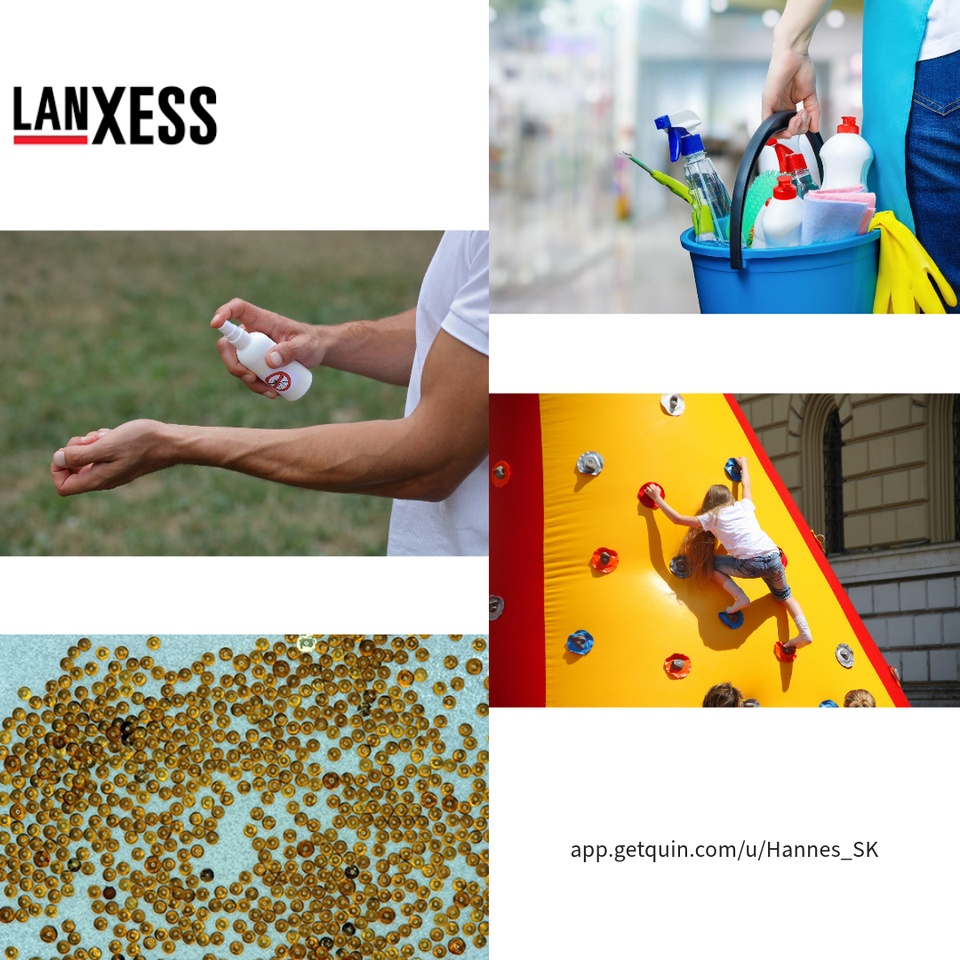Spin the speculation carousel. 💸
It looks very gloomy above the clouds of the energy-intensive industry in Germany, but with exactly one value within the sector, the decline really annoys me the most. Therefore, I think that these could soon be taken over due to their now low stock market value.
I would like to present a few plausible reasons why I think this and why I may also speak of a significant undervaluation in general.
The stocks in question are Lanxess $LXS (-1.99%) .
Lanxess was the spin-off of the plastics division of the Bayer Group. It has been independently active on the stock market since 2005.
It has developed from a sad subsidiary into a successful and highly competitive company with still enormous group potential.
Here are some reasons why the share is clearly undervalued.
1. the market segment
Lanxess is primarily based in the chemical industry, but there are equally high-margin segments in this industry that Lanxess fills.
One supplies the important segments of:
- High-Performance Materials, including synthetic rubber and intermediates (Advanced Intermediates)
- Specialty Additives
- Consumer Products
The fact is that you come into contact with products from the Lanxess brand portfolio every day.
Here are a few examples:
- Kalaguard - preservatives for hygiene products and cosmetics.
- Lewatit - exchange resins for water treatment in small and large applications (such resins are normally found in every household appliance that runs on water, such as the dishwasher)
- Mesamoll - a plasticizer for plastics. Found mainly in stable application areas, such as waterbeds, and therefore high-margin or "expensive" for the consumer.
- Saltidin - the active ingredient par excellence for "mosquito or tick sprays
- Oxone - the chlorine-free pool cleaner for your home swimming pool.
Net margins of ~15% are not rare here, but rather average.
2. competition
Lanxess is the market leader in most areas of its chemical products and clearly competes with the top dog BASF in its areas. $BAS (-0.55%) and is challenging the Ludwigshafen-based company right down to its very substance.
3. production sites
Lanxess is also globally diversified in its choice of locations and thus linked to different markets in terms of cost balance. A decline of the German production sites would be devastating, roughly speaking, but not the end of the company.
It must be admitted, however, that most of the sites in Germany have definitely already been paid off and therefore represent the Group's cash cow. In the current situation, too much is coming together.
- The loss of consumption among the population
- High costs and, in some cases, insolvencies of downstream manufacturers
- Competitive pressure
- Flooding of the European market with Asian products
4. management
The management of Lanxess under Matthias Zachert is definitely a role model for the German industrial landscape. They recognize sensible market opportunities at an early stage and steer the Group specifically into high-margin niches, while at the same time maintaining the limit for expenditures within the framework.
It is not without reason that Buffet also holds a 5% stake in the company.
5. takeover theory
The following is of course only my thoughts and therefore pure speculation.
Since the downfall of the stock exchanges in 2022, German industrial stocks have not caught on. The current economic environment is too bad. The political support impulses are completely missing. Various industry associations are increasingly criticizing the economic competence behavior of the federal government, whereas the state governments have already recognized the seriousness of the situation and are assuring the companies of binding support.
Even with the Covestro offer, one could assume that foreign investors were keeping a closer eye on German industry in order to take advantage of the favorable prices.
Another likely example due to its unique brand portfolio may be Lanxess.
The enterprise value is likely to be slightly below €5 billion in 2023, whereas the sales outlook continues to be upward. The market value, on the other hand, is only put at just under €2 billion. However, a takeover bid of around €5 billion is estimated to be acceptable. The second factor, on the other hand, will be the management, but with the right sum one may certainly not deny.
But who would be interested in this?
It would be reasonable to assume that other Oriental emirates and funds would launch a capital attack on Europe and especially Germany in order to expand their economic and political influence here and accelerate the move away from oil. With a sustainable portfolio, such as Lanxess has, this would be an ideal complement.
But also US corporations, such as Dow $DOW (-0.08%) or DuPont $DD (-1.52%) could give a boost to their dominance of the plastics markets and absorb the innovative power of the German chemical industry. Difficult, however, would be antitrust concerns by the competition. But here, too, detours could be found through shareholdings or concessions to the competition, similar to the Linde $LIN (-1.34%) -Praxair merger.
What do you think about this?





